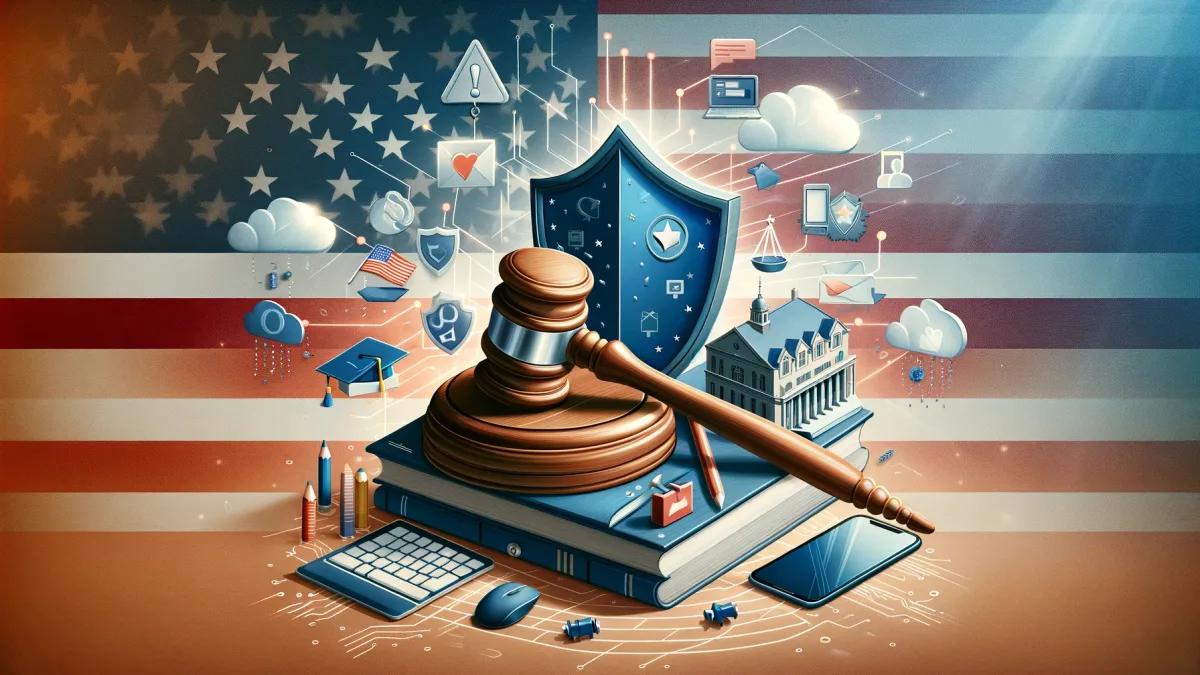In today’s interconnected world, the internet has become a central part of our lives, offering unparalleled opportunities for learning, sharing, and connecting. However, this digital landscape also has a darker side, where anonymity and distance can embolden harmful behaviors. Cyberbullying, a pervasive issue affecting millions, stands out as a significant concern. But the question remains: Is cyberbullying illegal in the United States? Let’s dive into the legal frameworks, recent laws, and the ongoing debates surrounding this modern challenge.
Understanding Cyberbullying
Cyberbullying involves the use of electronic communication to bully a person, typically by sending messages of an intimidating or threatening nature. This can occur on social media platforms, through text messages, emails, and any digital medium that facilitates interaction. Unlike traditional bullying, cyberbullying allows perpetrators to hide behind screens, making it more difficult to address and resolve.
The Legal Landscape
In the U.S., there is no federal law specifically addressing cyberbullying. Instead, legislation and enforcement are primarily handled at the state level, leading to a patchwork of laws that vary significantly in scope and definition. As of my last update, most states have laws or policies that include cyberbullying or electronic harassment within the broader context of bullying, but the specifics—such as penalties and the definitions of prohibited behavior—differ widely.
State Laws and Variations
Many states have amended their anti-bullying laws to include cyberbullying or have enacted specific statutes that target electronic harassment. For example, laws in some states categorize cyberbullying as a misdemeanor, potentially leading to criminal charges for the perpetrators, especially when the behavior involves threats of violence, distribution of explicit images, or other criminal activities. In contrast, other states might approach cyberbullying as a matter for school policy to handle, focusing on prevention, education, and disciplinary measures rather than legal prosecution.
Federal Context
While there’s no specific federal cyberbullying law, certain federal laws can be applied in cases where cyberbullying overlaps with discriminatory harassment. For instance, if cyberbullying is based on race, color, national origin, sex, disability, or religion, it may violate civil rights laws enforced by departments like the U.S. Department of Education and the U.S. Department of Justice.
Recent Legal Developments
In recent years, there has been a push towards stronger legislation against cyberbullying. High-profile cases have led to calls for more comprehensive laws that can address the unique challenges posed by the digital age. Some states have responded by enacting laws that make it easier to prosecute cyberbullies, including provisions for cyberbullying that crosses state lines.
Challenges in Enforcement
Enforcing cyberbullying laws presents several challenges. The anonymity of the internet, jurisdictional issues, and the fine line between protecting individuals from harassment and preserving free speech rights complicate legal actions. Law enforcement and legal professionals must navigate these complexities to effectively address and mitigate cyberbullying incidents.
The Role of Schools and Social Media Platforms
Schools play a crucial role in combating cyberbullying, with many implementing policies and programs aimed at prevention and response. Similarly, social media platforms have taken steps to address cyberbullying, introducing reporting tools, anti-bullying features, and community guidelines designed to foster a safer online environment.
Moving Forward: A Call for Comprehensive Solutions
Addressing cyberbullying requires a multifaceted approach that combines legal measures, educational initiatives, and technological solutions. Raising awareness, fostering digital citizenship, and creating supportive communities are essential steps in building a more respectful online world.
Conclusion
So, is cyberbullying illegal? The answer is nuanced. While there’s no unified federal law against cyberbullying, many states have taken steps to incorporate cyberbullying into their legal frameworks, with varying degrees of enforcement and penalties. The evolving nature of technology and social interaction online means that laws and policies must continuously adapt. As legal professionals, educators, policymakers, and digital platforms work together, there’s hope for more effective strategies to combat cyberbullying, ensuring the internet remains a space for positive, constructive engagement.









Leave a Reply